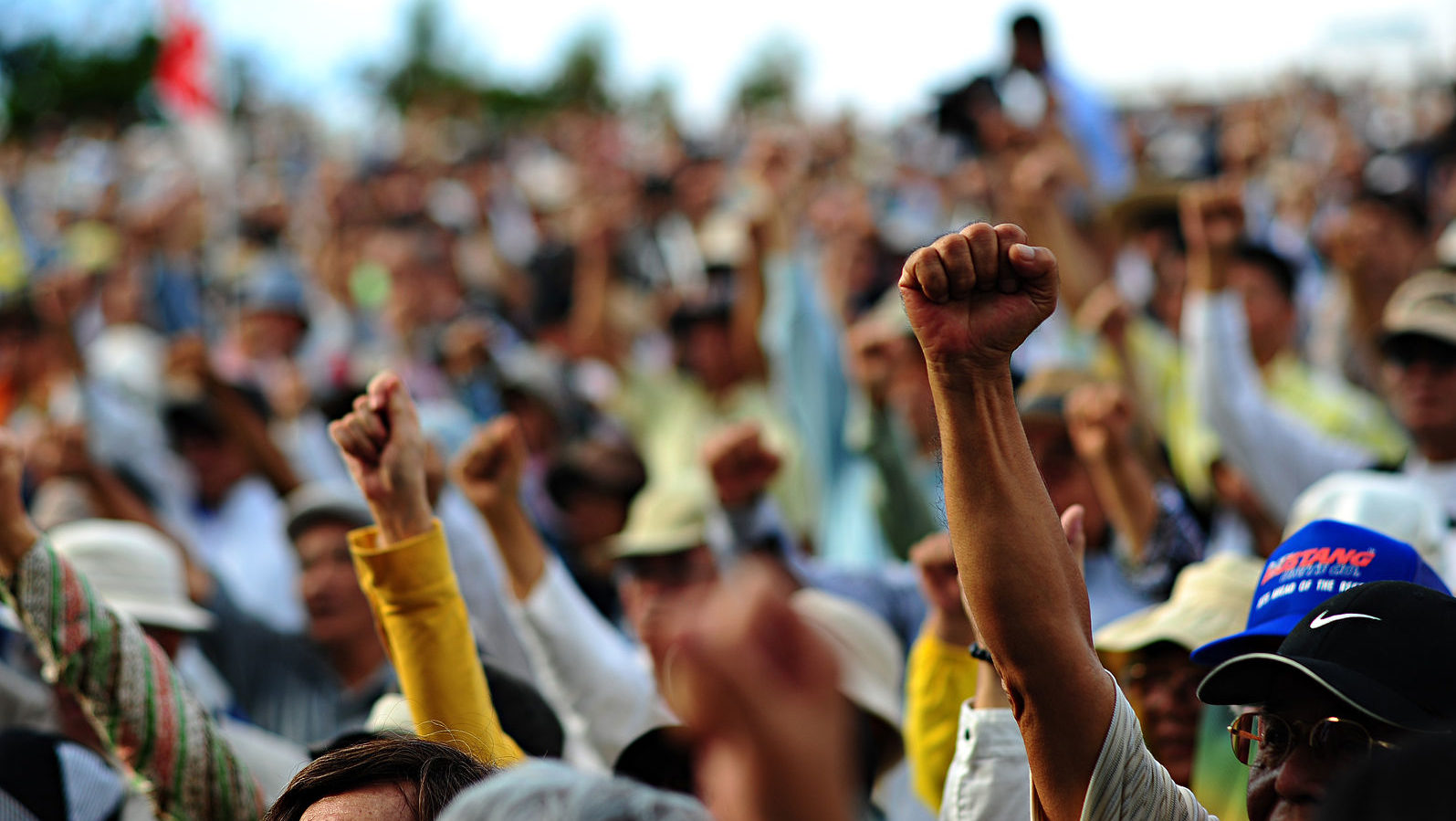Identity of the Intellectual: Part III

This feature is the final in an installment of three articles highlighting Next Generation Social Sciences in Africa fellows dedicated to removing the artificial divide that exists between academia and activism, or professional practice, as traditionally understood.
Identity of the Intellectual: Part I | Identity of the Intellectual: Part II | Identity of the Intellectual: Part III
_____________________________________________________________________________________
Jojolola Fasuyi straddles two professional worlds. As a PhD candidate at the University of Ibadan and a Next Generation Social Sciences in Africa fellow, she studies the monitoring and evaluation methods employed by NGOs and government entities to inform development projects. Her inspiration for pursuing such a project, however, was years of experience working for development-centered NGOs and the lack of scrutiny through which many civil society organizations put their data before prescribing solutions.
In most fields, the more experience one has, the more equipped they are deemed to answer questions and solve problems. Academia, however, dictate otherwise.
“In Nigeria especially, there is a divide between academics and practitioners,” Fasuyi says.
“There’s a stigma at the University of Ibadan against lecturers who are also policy-makers or consultants. It’s as if you’re not serious enough,” she laments.
As Fasuyi explains, the idea that academics with additional employment or experience in different sectors are less qualified stems from the conventional criteria for promotion in universities: publication in journals. “I get respected mainly based on how much I’m published. Obviously, that’s really great—publishing a lot of papers. But still, my experience in Birmingham was that a lot of lecturers took pride in their consultancy experiences.”
While receiving her MSc in International Development at the University of Birmingham, Fasuyi and her colleagues enjoyed the willingness of professors to teach based on their own field experience, rather than relying on textbook theories and examples alone. “Our lecturers understood both the theories and the practice of the concepts they were teaching us,” she says. “People got respect not just for how much they had published, but also for how many projects they had worked on and how often they were being offered consultant positions. In most universities, though, it’s not such a great thing. It’s actually frowned upon.”
The divide between academics and practitioners is so expansive that it even induces some academics to lie about their professional experience outside the academy, just to reassure their prospects for promotion. “If you’re a lecturer and also a consultant,” Fasuyi says, “sometimes you have to keep it private. You can’t share it with other people, just to get by. It is ingrained in parts of the university.”
But Fasuyi isn’t bound by convention.
“I don’t just want to theorize concepts, but actually go beyond collecting the data and hope it’s used to inform policy,” she says.
Contrary to conventional academic notions, Fasuyi’s research isn’t, in any way, compromised by her professional experience. Her time in the field only enhances her analysis, her understanding, and her contributions to scholarly debates. “I’m trying to not find myself stuck in the middle of the divide, so I take the pros of academia and academic research and the pros of working in the field, and merge them together to actually make a difference,” she says. “I’m glad that I’m not sticking to either side. Working in both sides has definitely helped not only my research, but being a researcher has helped my practice as well.”
Fasuyi, with her unique perspective as both a development researcher and development practitioner, also believes policy outcomes would be improved if academics, NGOs, government agencies, and the private sector would set aside methodological differences and work more closely with one another.
“I wish there would be more collaboration between academics and practitioners, especially with young academics,” Fasuyi said. “If they both come together and collaborate in discussion or civil society organizations, [they would] realize they’re not against each other.”
“We all have the same goal,” she concluded. “Making solutions and better understanding social problems.”

